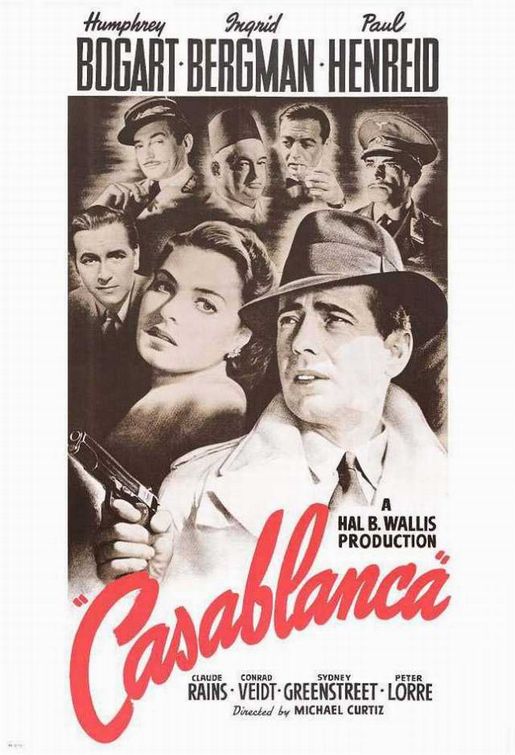Welcome to Retro Television Reviews, a feature where we review some of our favorite and least favorite shows of the past! On Sundays, I will be reviewing the made-for-television movies that used to be a primetime mainstay. Today’s film is 1971’s The Failing of Raymond! It can be viewed on YouTube!
Poor Raymond!
Played by a young Dean Stockwell, Raymond is patient at a mental hospital who blames everything that has gone wrong on his life on one failed test. During his senior year of high school, he got a 61 on an English test and, as a result, he not only only failed the class but he also wasn’t allowed to graduate. The test was administered by a substitute teacher named Mary Bloomquist (Jane Wyman), one who did not know that Raymond had a reputation for being a bit eccentric. When Raymond tried to ask her whether or not the final two questions were for extra credit, Mary refused to call on him because she was more preoccupied with her failed affair with another teacher (Dana Andrews). Raymond didn’t answer the final two questions, even though he believed that he had the correct answers. Now, locked away in a hospital, Raymond comes across an article announcing that beloved teacher Mary Bloomquist will soon be retiring and moving to England.
Seeking revenge, Raymond escapes from the hospital. While police Sgt. Manzek (Murray Hamilton) search for Raymond, Raymond returns to his old school. When he finds Mary in her classroom, Mary mistakes Raymond for a mover responding to a classified ad asking for help in getting all of her things packed up. Raymond may be a homicidal but he also craves direction and praise so he helps Mary with her packing. As he packs, Mary talks about her decision to retire and it turns out that she’s not quite the monster that Raymond imagined her to be. Mary is retiring because she feels that she has never made a difference as a teacher.
That said, Raymond is still determined to get his revenge. He wants Mary to give him the test a second time and to give him a passing grade. And if she doesn’t, he’s prepared to kill her. Unfortunately, despite claiming to have spent years studying the material, Raymond still thinks that Robert Browning wrote the Rhyme of the Ancient Mariner.…
As the old saying goes, you never know how much your actions might effect someone else’s life. Mary is a dedicated and well-meaning teacher who cares about her students but her decision to fail Raymond, made on a day when she was distracted by her own personal problems, is something that Raymond has never forgotten or forgiven. Mary can barely remember it happening but Raymond has based his entire life around that moment and, as the film progresses, it becomes clear that he’s incapable of understanding that the entire world doesn’t revolve around what happened to him during his senior year. On the one hand, Mary definitely should have answered Raymond’s question about whether or not the final two questions were multiple choice. On the other hand, Raymond has clearly been using the incident as an excuse to justify every mistake that he’s made sense. Ironically, Raymond’s quest for revenge gives Mary the chance to finally be the teacher that she truly wants to be.
It’s an intriguing premise. Unfortunately, like so many made-for-TV movies from the early 70s, The Failing of Raymond is occasionally a bit too stagey for its own good. Despite only being 73 minutes long, it never really develops any sort of narrative momentum. That said, Dean Stockwell gives a performance that makes clear why Alfred Hitchcock was planning on casting him as Norman Bates if Anthony Perkins somehow fell through. As played by Stockwell, Raymond is unfailingly polite and so obviously wounded that it’s impossible not to feel sympathy for him, even when he’s threatening to kill his former teacher. Jane Wyman, as well, gives a sympathetic performance as Mary, who, despite that one bad day with Raymond, really is the type of teacher we all wish we could have had.
This film was directed by Boris Sagal, who did several made-for-TV movies and also directed Charlton Heston in The Omega Man. His daughter, Katey Sagal, makes her film debut in a small role as one of Raymond’s fellow patients.







